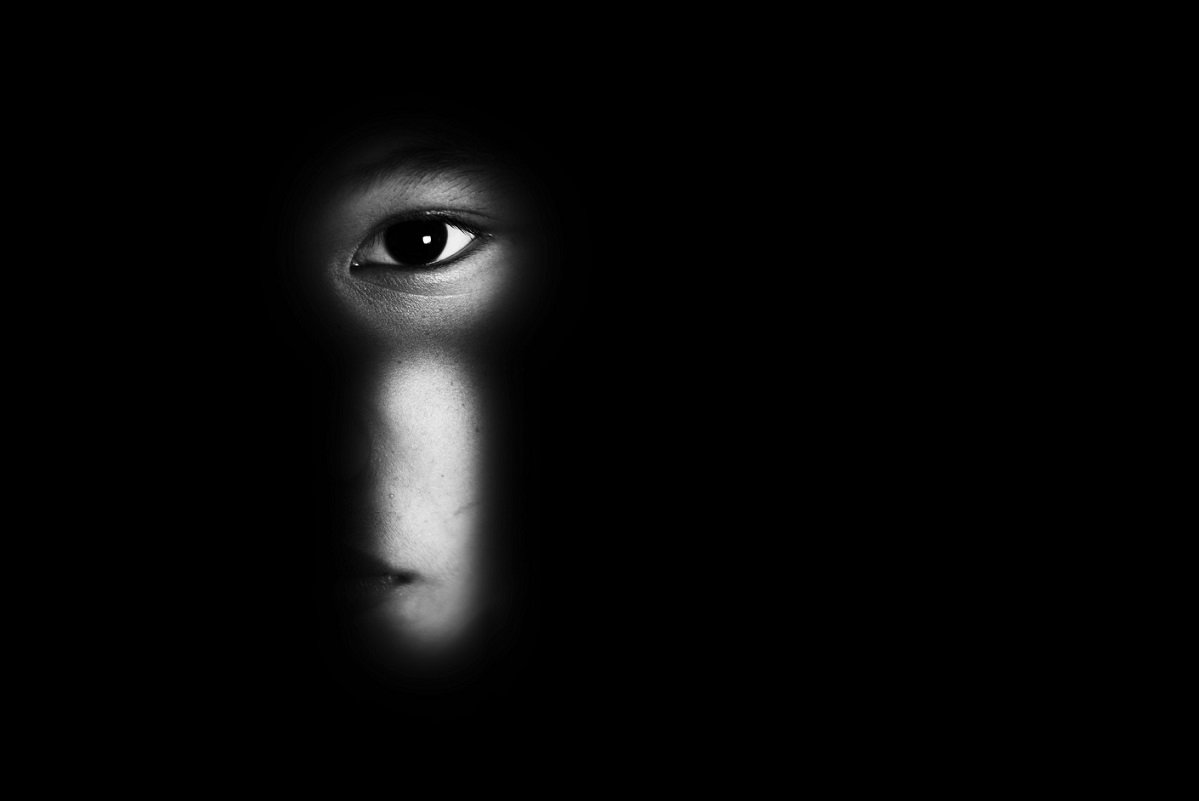
Working on an ARC project to better understand young male (ex)prisoners laid the foundation for Dr Simone Deegan’s PhD to follow, a journey that saw her forge relationships with juveniles imprisoned for murder in a search to shed light on the rehabilitative capacity of our justice system.
Dr Deegan’s resulting thesis, ‘The lives and adjustment patterns of juvenile lifers’, earnt her a Flinders University Vice-Chancellor’s Award for Doctoral Thesis Excellence, one of fourteen awards bestowed on exceptional PhD students this year for their 2019 papers.
Her investigative study explored the backgrounds, perceptions and experiences during and after incarceration of 19 South Australian youths sentenced to life imprisonment for murder before their 18th birthdays (some as young as 14.)
Delving into a host of complex issues – including social disadvantage, entrenched racism, and teenage physiological and psychological development – Dr Deegan drew on her experience as a practicing criminal lawyer and learnings from her previous research at Flinders University, including co-authoring the book Young Offenders: Crime, Prison & Beyond with PhD supervisor Professor Mark Halsey.

The relationships she fostered provided a unique opportunity to consolidate the broad contexts of their crimes and influences on their rehabilitation.
Now a lecturer in Flinders University’s College of Business Government and Law, Dr Deegan says she was initially surprised at the 100% acceptance rate in her voluntary study, covering all juveniles imprisoned in South Australia for murder at that time (18 males and one female).
However, she soon realised the interviews often represented the most interest anyone had taken in their lives.
“Unsurprisingly, the majority grew up in suburbs and towns with a reputation for nurturing criminals – themes of dislocation, rejection, abuse, neglect, racism. Some were victims of horrendous bullying and ridicule.
“Young people will find a way to value themselves in the face of a socially unequal world,” she says.
In all but one case, murder was not the intention but the outcome of a series of events when groups of youths converged, fuelled with bravado but quickly out of their depth.
“It is difficult to imagine how a 15- or 16-year-old copes with the impossible situation some participants found themselves in, never having considered the possibility that one of their mates or adversaries might bring a weapon to seriously hurt someone.”
To make sense of motive, Dr Deegan says it’s necessary to delve into the concepts important at that point in their lives, such as peer status, punishing disrespect, managing masculinity and inflicting informal justice.
She believes for these youths – the majority who had no prior convictions – prolonged punishment is counter-productive. In particular, she has concerns with the 20-year mandatory minimum sentence for juvenile murderers introduced in 2017.
“There is no doubt that by committing such dreadful crimes, several participants in my study deprived themselves of the right to live in the community for a long time.
“With horrendous crimes like these, consideration of rehabilitation normally applicable to young offenders understandably gives way to protection of the community.
“However public opinion has consistently over-emphasised the proportion of violent juvenile crime, while underestimating the severity of sentencing practices and prison life. We need to think about what happens as these young ‘lifers’ age out their youth in prison.”
Dr Deegan hopes to build on her research by exploring what happens next in the lives of her participants as they are released from custody.
Flinders University HDR Student Research Impact prize and Vice-Chancellor’s Award for Doctoral Thesis Excellence winners
2020 HDR Student Research Impact prize winners:
Sarah Fraser, (College of Nursing and Health Sciences) ‘A disjuncture of world views: manifestation in burns care for Aboriginal and Torres Strait Islander children in Australia’
Lauren Meyer, (College of Science and Engineering) ‘Development and application of fatty acid tracers to assess the impacts of White Shark cage-diving on target and non-target species’
2020 Vice-Chancellor’s Award for Doctoral Thesis Excellence winners:
Dr Simone Deegan, College of Business, Government and Law: ‘The Adjustment Patterns of Juvenile Lifers’
Dr Cara Rossi, College of Education, Psychology and Social Work: ‘Trying to reconcile when we don’t see eye-to-eye: the impact of divergent narratives on victim and offender engagement’
Dr Sasha Quayum, College of Education, Psychology and Social Work ‘An Investigation into the Mechanisms Underlying the Memory Amplification Effect’
Dr Sean Gilbert, College of Humanities and Social Sciences: ‘Spiritual Affections and the Pastoral Disposition’
Dr Matthew Tieu, College of Humanities and Social Sciences: ‘The Philosophy of Person-Centred Care’
Dr David Turnbull, College of Humanities and Social Sciences: ‘Clergy and Cultural Intelligence: A Study of the Foundational Capacity of Clergy to Function Effectively as Multicultural Leaders in Multiethnic Communities Within the Baptist and Uniting Church Denominations in South Australia’
Dr Jennifer Slape, College of Nursing and Health Sciences: ‘THEY ARE STILL PEOPLE An Ethnographic Investigation into a Reconfiguration of Personhood Practice in Residential Dementia Care’
Dr Darryl Sellwood, College of Nursing and Health Sciences: ‘Lived experiences of people with complex communication needs: Romantic and sexual relationships’
Dr Lisa Alcock, College of Science and Engineering: ‘Chemical tools for detecting cysteine sulfenic acid’
Dr Elen Shute, College of Science and Engineering: ‘Early and Middle Pleistocene non-passerine bird fossils from the Thylacoleo Caves, Nullarbor Plain’
Dr Meruyert (Cooper) Beknazarova, College of Science and Engineering: ‘Strongyloides stercoralis in Australia’
Dr Alex Newcombe, College of Science and Engineering: ‘An Efficient Heuristic for Crossing Minimisation and its Applications’

